When considering a holiday destination, Greece is one most sought, if not for the incredible architecture alone and the history that it reveals.
The country is like any region of the world, whether visiting or a resident, with specific locations where an air of caution adds to safety.
According to statistics, property crime in the country is moderate, with a range of 53.67 in relation to vandalism or theft.
It is low for violent personal property damage relating to assaults or robbery at 39.66.
As a rule, overall crime rates remain low when compared to other countries.
Tourists are less of a focus for criminals than locals, except in cases of muggings and pickpocketing.
Still, these are less prevalent than instances of fraud and scams for which holiday travelers would need to stay alert to ensure they don’t become a victim.
Contents
5 Safest Cities In Greece
Greece boasts among the safest holiday destinations and the most favored for travelers around the world.
The locals are exceptionally welcoming and friendly, with many speaking multiple languages.
That gives visitors an added safety layer if there’s a need to communicate, whether lost or in an emergency situation.
It’s also beneficial since authorities will usually have an English-speaking member on their team capable of assisting a tourist in distress.
Pickpocketing is the primary concern for tourists, an issue seen typically in urban areas, especially hectic “transit hubs.”
The idea is to pay attention, secure belongings, and never leave a drink unattended.
Which locations are suggested safe spots for travelers?
Consider these suggestions.
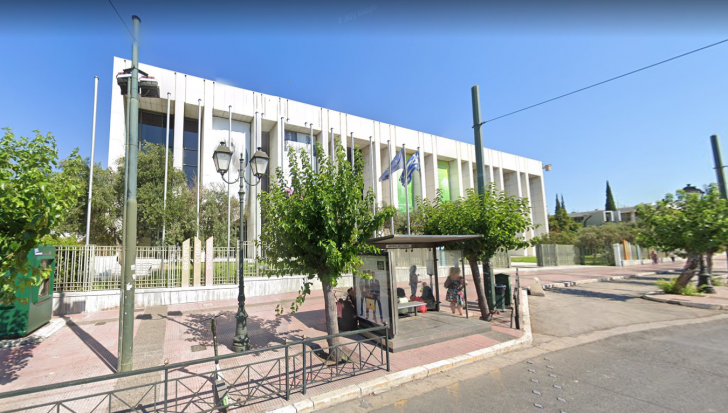
Athens
Athens offers the eager traveler much to see and do.
The capital produces breathtaking views, an array of delightful cuisine, magnificent beaches, historic architecture, and bountiful entertainment.
While visitors are generally safe from criminal activity except for the potential for pickpocketing or scams, it’s still wise to be mindful of the atmosphere and steer clear of neighborhoods where organized crime is viewed as a problem and shopping plazas where scams and fraud are prevalent.
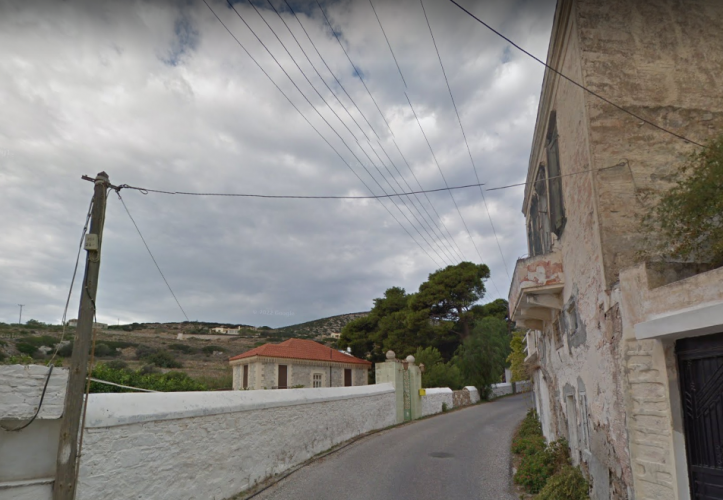
Syros
Within Syros is a suggested town a traveler will want to set their sights on known as Ermoupoli.
The area is somewhat a home away from home, not in the hub of what a tourist typically seeks on a sightseeing excursion.
It sets you up to envision the day-to-day of Grecian life. Its roots lie in the Greek Revolution Era.
Still, visitors will find fantastic hidden beaches, a “hopping” marina, and a breathtaking church surrounded by historic merchant mansions.
Safety in Syros is the expectation given the almost isolated situation.
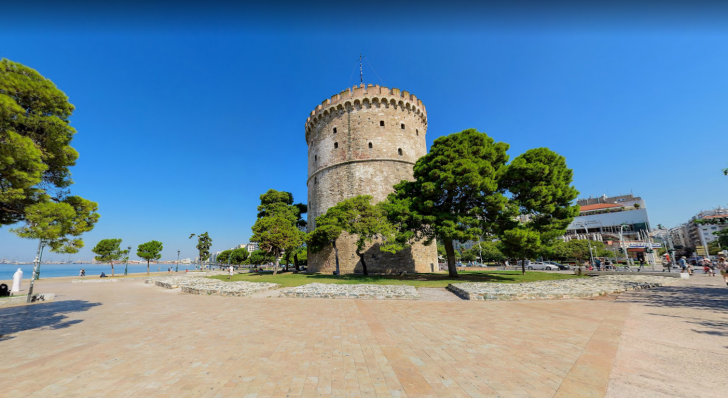
Thessaloniki
The city is among the more prominent destinations in Greece, with roughly 100,000 citizens.
The architecture throughout is a tourist attraction, as are the delicious food and the art districts.
There is an abundance of things to see and do, so much so that it’s challenging to do it all in one trip.
For its size, the presumption would be that holiday travelers must be especially cautious.
Still, the suggestion is that Thessaloniki has an incredibly low crime rate for the country as a whole.
When following basic precautions, visitors should enjoy a pleasant time in this safe city.
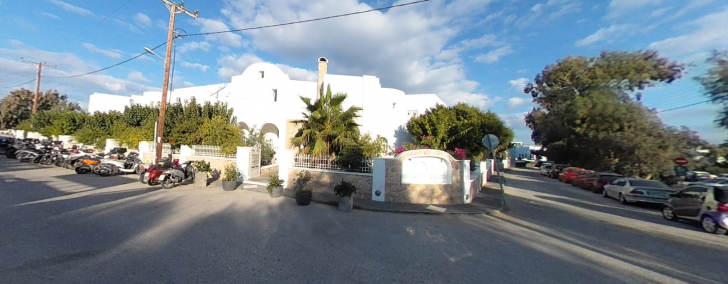
And 5. Santorini and Mykonos
Tying for two of the most pleasant islands for tourists to feel safe visiting are Santorini and Mykonos off the Aegean Sea.
Again, architecture is a primary reason most travelers seek out Greece as a primary holiday destination because it is genuinely magnificent, and that’s true on these islands as well.
The beaches themselves provide a backdrop to stunning crystal blue water.
When situated in this tranquil ambiance, the last notion is to sense danger or a threat to safety.
Greece is probably one of the safest places to visit, with its capital, a primary attraction, being deemed at the top of the safest cities worldwide per “crowdsourced data and official statistics.”
Visiting the country poses a very low safety risk to the holiday traveler, particularly when tourists pay attention to their surroundings which would be anticipated when traveling anywhere in the world.
Plus, stay in groups and keep nighttime outings within limits.
5 Safety Tips When Traveling To Greece
Greece boasts as a genuinely safe and overall wonderful country with an abundance to offer holiday travelers.
The priority is to take all the necessary precautions to avoid being put in dangerous situations which are not always based on criminal activity but can involve other situations.
Consider these tips when visiting.
Valuables
When possible, leave valuables at home.
Otherwise, these things should remain at the hotel in a safe location.
That also means taking photocopies of IDs, passports, and vital documents to carry with you and leaving the originals at the lodging.
Personal property damage like robbery or assault rarely happens in Greece.
A suggestion is to travel with a group, never walk away from a beverage to avoid it being spiked, and not drink too much to detract from alertness.
Protests
Rallies and demonstrations are a common occurrence in the country, particularly in Athens’ primary squares.
The suggestion for tourists is to follow the media in the surrounding area to ensure the protests are not becoming violent.
The authorities in the country will use all necessary means to break up the demonstrations.
That will include tear gas to disperse a crowd getting out of control.
In these situations, travel plans could be disrupted regardless of the mode of transportation, making it necessary to pay close attention to the reports.
The roads
Among the primary safety concerns in Greece are road conditions.
These present the most danger even compared to criminal activity, with traffic deaths higher than the average for other countries in Europe.
As a pedestrian, it’s vital to hesitate before crossing in front of a driver.
The standards are poor, and the motorists are exceptionally aggressive.
As an unfamiliar driver, the road conditions will appear to be in need of repair.
Plus, there are often livestock seen roaming in various locations.
Natural disasters
The country is situated in an “active seismic zone.”
That means there are regular volcanic eruptions and earthquakes.
Because the summers are exceptionally arid, running from June until September, the country experiences great wildfires.
Greece is at risk for flooding conditions in the winter and again in the spring seasons.
A priority as a visitor is to follow the emergency guidelines in the surrounding area, listen to the media in the vicinity, and speak with the consulate or local embassy for updates when concerned for safety.
Drugs
Illicit drugs are not a problem travelers should have to contend with in any area of Greece, except perhaps the organized crime areas.
The country has exceptionally stringent regulations, more so than are seen in most of Europe against these, and authorities enforce these laws to the fullest extent.
No one should participate in a drug-related activity or attempt to engage in such behavior while in the country.
If traveling with prescription medication, it’s vital to ensure the drugs are in the appropriate bottles with the labels supplied by the pharmacy with the prescribing doctor’s information.
You’ll want to bring plenty of your medicine to avoid the potential for running out since pharmacies have occasionally seen shortages of supplies.
Final Thought
Many people worldwide choose Greece as their holiday destination primarily for the ancient architecture and associated history.
The country has a reputation for being among the safest places to visit.
Still, as with any trip, tourists would take the necessary precautions to avoid being victims of scams or pickpocketing, as is common anywhere.
Plus, travelers must research what constitutes a bad neighborhood and avoid those.
All in all, don’t focus on crime and becoming a victim to the point of paranoia.
Relax and enjoy a good time with reasonable precautions.
Greece will be a good time, and you’ll be in safe hands.
Greece Safety Overview
READ THE FULL REPORT: Greece Safety Review
Safety Index:
- OVERALL RISK: LOW
- TRANSPORT & TAXIS RISK: LOW
- PICKPOCKETS RISK: MEDIUM
- NATURAL DISASTERS RISK: LOW
- MUGGING RISK: MEDIUM
- TERRORISM RISK: LOW
- SCAMS RISK: MEDIUM
- WOMEN TRAVELERS RISK: LOW
Frequently Asked Questions
What should be avoided in Greece?
As a holiday traveler, it is wise to either avoid the Athens public plazas in the evening or go in a group.
It’s further cautious when going with a group to have one person paying attention to suspicious activity to avoid the potential for pickpocketing or thefts.
Another precautionary measure would be staying away from Glyfada square in Athens.
Choosing another area for entertainment is recommended since this spot is associated with the country’s organized crime syndicates.
What’s the most dangerous place to visit in Greece?
An area rife with violent crimes would be the one to avoid in Greece.
These usually involve organized crime rings battling with rivals.
Holiday travelers would not find themselves facing violent crime unless they entered a dangerous area like Glyfada or Syntagma.
Unless unavoidable, these areas should not be included in a tourist’s itinerary.
If you’re lost, reach out to authorities for assistance.
Is Greece considered violent?
Greece is among the safest holiday destinations since it is part of the EU.
As with any country, travelers should heed the side of caution by researching to learn where the “hotspots” for crime syndicates are, where theft is prevalent or political arenas where demonstrations are routine.
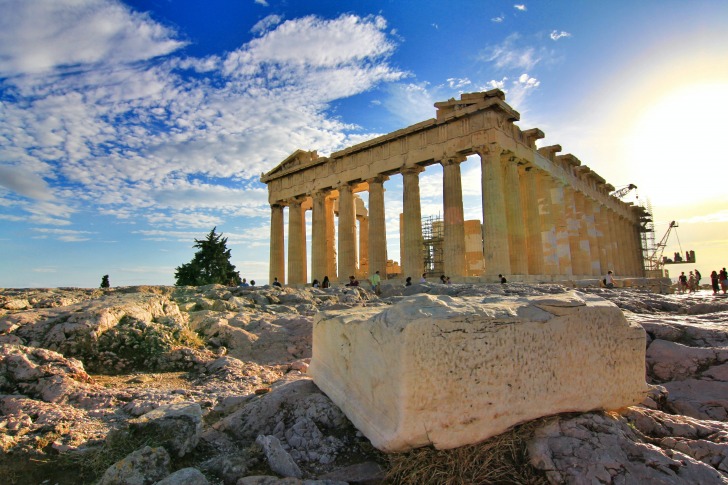
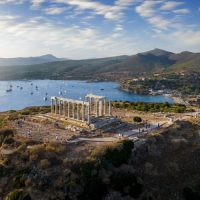

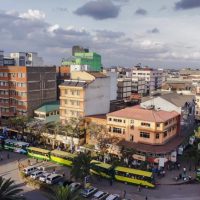
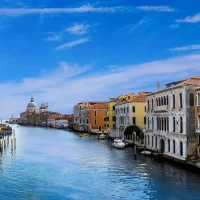
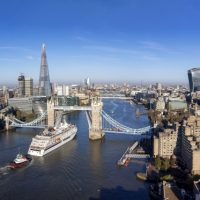






I think maybe you meant to say omonia and sintagma as dangerous areas or may be monastiraki but Glyfada is one of the safest areas in all of Athens.